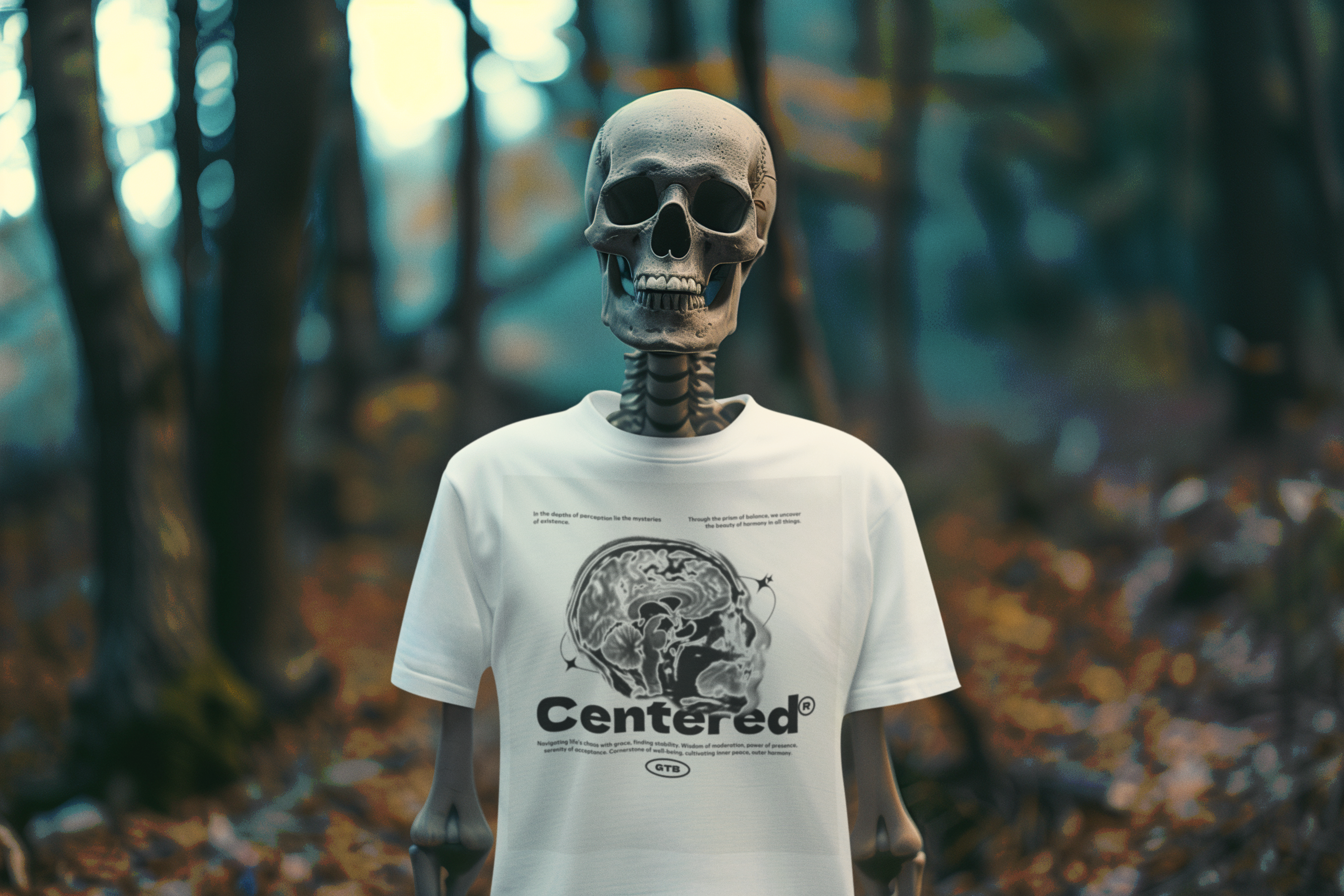Attention Deficit Hyperactivity Disorder (ADHD) is often viewed through a lens of difficulty and struggle. Traditional approaches to managing ADHD frequently involve medication and behavioral therapies aimed at mitigating symptoms like inattention, hyperactivity, and impulsivity. However, there’s a growing recognition of the potential advantages that ADHD traits can offer. As someone who has navigated life with ADHD without medication, I’ve discovered how to harness the unique strengths associated with this condition to build a successful career. Here’s how parents and individuals can reframe ADHD from a challenge into an opportunity.
Understanding ADHD
ADHD is characterized by a pattern of inattention and/or hyperactivity-impulsivity that interferes with functioning or development. Symptoms often include difficulty sustaining attention, organizational challenges, and impulsive behaviors. While these traits can certainly pose obstacles, they also bring a distinctive set of strengths.
Turning ADHD Traits into Assets
Instead of viewing ADHD as purely a hindrance, consider how its traits can be transformed into advantages. For me, the natural inclination to constantly shift gears and think creatively became a key asset. Here’s how embracing these traits helped me:
1. **Hyperfocus and Creativity**
People with ADHD often experience periods of intense focus on activities they find particularly engaging. This hyperfocus can be channeled into creative and productive endeavors. In my case, it allowed me to dive deeply into skills like coding, photography, design, video, and animation. When you’re passionate about a project, ADHD can turn into a superpower, driving you to excel in areas that captivate your interest.
2. **Multitasking and Adaptability**
ADHD often comes with a propensity for multitasking and switching between different activities. While this can be challenging in conventional settings, it can be a significant advantage in roles that require juggling multiple projects or rapid problem-solving. In running my marketing agency, my ability to shift gears quickly and manage diverse tasks simultaneously proved invaluable.
3. **Innovative Problem-Solving**
The ADHD mind tends to approach problems from unique angles. This can lead to innovative solutions and creative strategies that others might not consider. Whether it’s developing a new marketing campaign or creating engaging multimedia content, the non-linear thinking associated with ADHD can drive fresh, unconventional approaches.
Coaching Children with ADHD
Parents play a crucial role in guiding children with ADHD toward understanding and leveraging their unique traits. Here’s how you can help:
1. Encourage Exploration
Support your child in exploring various interests and activities. Exposure to different fields can help them identify what they’re passionate about and how their ADHD traits can be advantageous in those areas.
2. Focus on Strengths
Rather than solely addressing challenges, emphasize and build upon your child’s strengths. Help them recognize how their ADHD traits can be used to their advantage. Celebrate their achievements and encourage them to pursue their interests.
3. Provide Tools and Strategies
Equip your child with organizational tools and strategies that complement their learning style. Techniques like visual schedules, timers, and organizational apps can help manage ADHD symptoms while allowing them to leverage their natural tendencies.
4. Model Resilience and Positivity
Show your child how to view challenges as opportunities for growth. By modeling a positive attitude towards ADHD, you can help them develop resilience and a growth mindset.
Some examples of successful humans afflicted with ADHD
1. **Richard Branson****
Field**: Entrepreneurship
**Notable Achievements**: Founder of the Virgin Group
Richard Branson, the billionaire entrepreneur behind the Virgin Group, has been open about his ADHD. His condition, characterized by a restless mind and a propensity for multitasking, has driven his innovative thinking and risk-taking. Branson’s ADHD has played a role in his success by enabling him to juggle numerous ventures and pursue ambitious projects, from airlines to space tourism.
2. **Michael Phelps*
**Field**: Sports
**Notable Achievements**: 23-time Olympic gold medalist in swimming
Michael Phelps, one of the most decorated Olympians of all time, was diagnosed with ADHD as a child. His diagnosis came at a time when he was already channeling his energy into swimming. Phelps has credited his ADHD with helping him develop an intense focus and discipline in the pool, traits that have been crucial to his success.
3. **Simone Biles**
**Field**: Gymnastics
**Notable Achievements**: Multiple Olympic gold medals
Simone Biles, an acclaimed gymnast, has openly discussed her ADHD diagnosis. Biles has managed to turn her ADHD into a strength by focusing on her rigorous training and competing with exceptional focus and precision. Her ability to harness her ADHD has been instrumental in achieving her extraordinary success in gymnastics.
4. **Adam Levine**
**Field**: Music
**Notable Achievements**: Lead vocalist of Maroon 5 and “The Voice” coach
Adam Levine, the lead singer of Maroon 5 and a coach on “The Voice,” has publicly spoken about his ADHD. Levine’s ADHD has influenced his musical creativity and energy, allowing him to thrive in the fast-paced and dynamic world of music and entertainment.
5. **David Neeleman**
**Field**: Aviation
**Notable Achievements**: Founder of JetBlue Airways
David Neeleman, the founder of JetBlue Airways, has spoken about his ADHD and how it has helped him in his entrepreneurial journey. His ADHD contributed to his ability to think outside the box and innovate in the airline industry, leading to the creation of JetBlue as a major player in the market.
6. **Ty Pennington**
**Field**: Television
**Notable Achievements**: Host of “Extreme Makeover: Home Edition”
Ty Pennington, known for hosting “Extreme Makeover: Home Edition,” has openly discussed his ADHD and how it has affected his life and career. Pennington’s energetic and creative approach, combined with his ADHD, has contributed to his success in television and design.
Conclusion
These individuals illustrate how ADHD can be a powerful asset when channeled effectively. Whether through creativity, innovation, or intense focus, their experiences show that ADHD traits can lead to significant achievements and success across various fields. Embracing and understanding ADHD can turn what might seem like a disadvantage into a unique strength.
